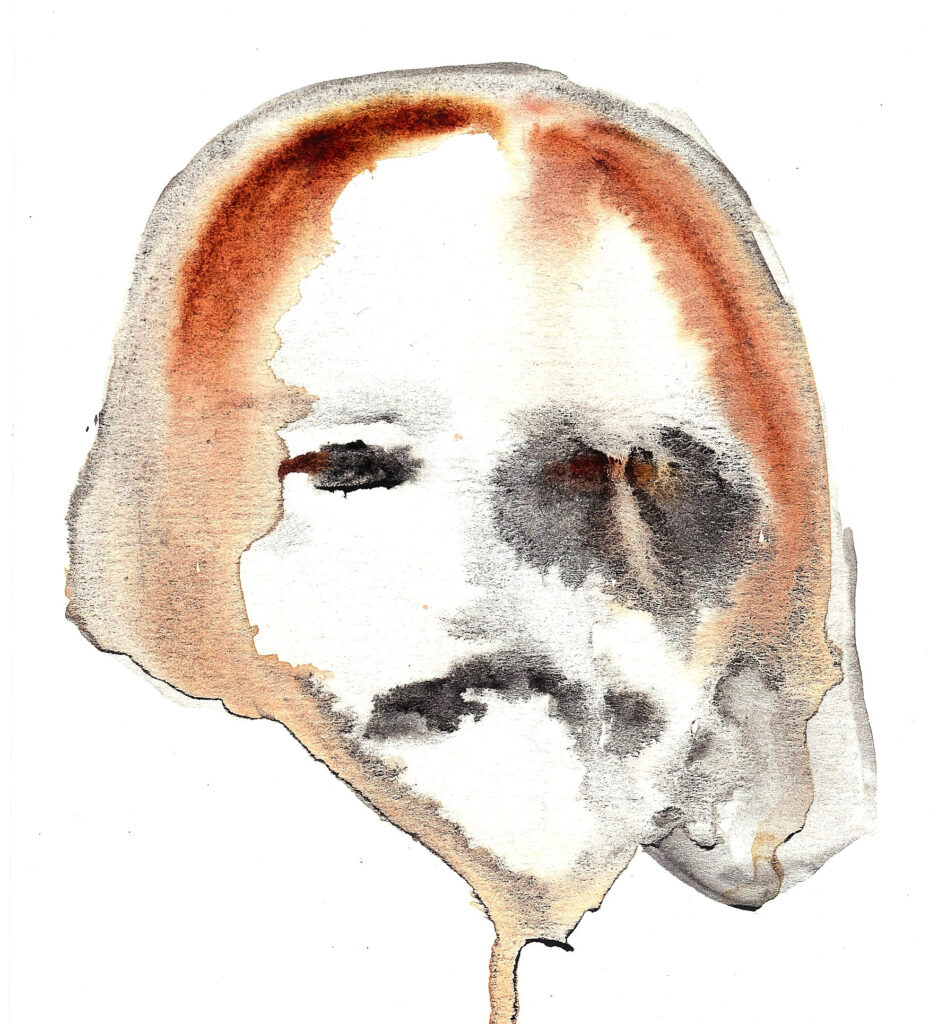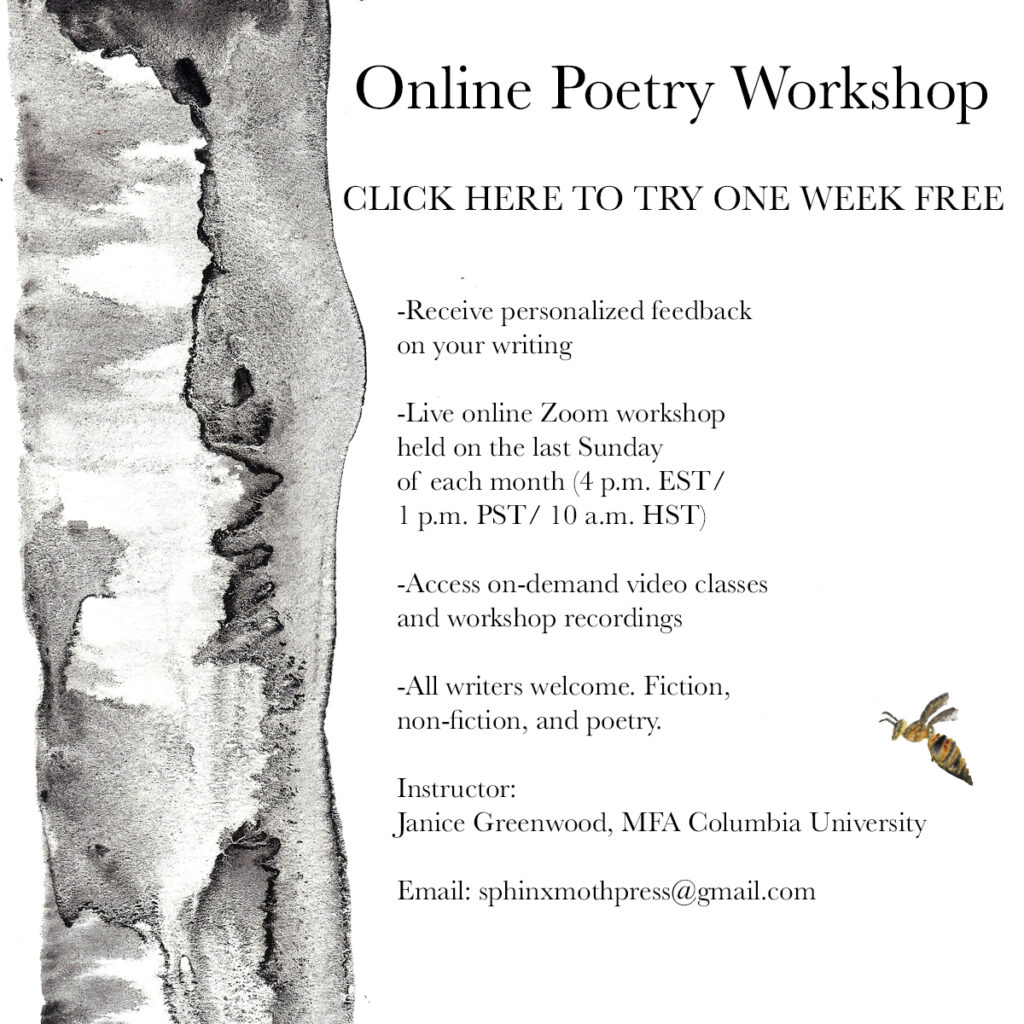I have never written this one before, but some books should come with a warning label. Maria Konnikova’s The Biggest Bluff is dangerous; I may have developed a small poker habit over the weekend while reading it. Konnikova documents her journey from being a complete poker novice to poker champ. But this isn’t a story of just anyone taking up poker. Konnikova decided to learn poker not for the money nor for the glory, but for the lessons the game could reveal to her about human nature. Konnikova has a PhD in psychology. She wanted to use poker as a way to explore her own psychological reactions to good luck and bad, delve into the uncertain realm of decision-making, and explore life in general. In the book, she recounts her journey from novice to champion, from amateur to pro. She takes the lessons she learns in poker and applies them to her daily life. The book is inspiring. It reveals the power of grit and determination, reveals the sheer joy of learning something new, and is full of insight about human nature and folly.
I’m a curious reader and I get lost in good books. To say I got lost in this one would be an understatement. The more Konnikova described the game of poker, the more curious I became. And so, halfway through reading the book, around noon on Sunday (I read the book in a day; it is that good), I started playing poker. Granted, it was the no-stakes, video-game style of No Limit Texas Hold’em poker on offer through the World Series of Poker phone app (thank goodness I live in Hawaii where money poker is illegal), but there I was, on a Sunday morning, playing poker in bed. I was a little ashamed of myself for enjoying it so much, a little thrilled, and a little frightened. I could see how poker could become addictive.
I also could see how poker could reveal weaknesses in my own decision-making. I understood what Konnikova meant when she wrote about poker as a lens through which she could view luck, but more precisely, a lens through which she could see with greater clarity how the human mind reacts to luck, both good and bad. As I passed from winning streaks to losing streaks, I could observe my own mind getting cocky, or getting desperate to win back the “money” I’d lost. I got so ambitious at times, I had to make it a habit to log out of the app when I won big, lest I get overconfident and go all in on a shitty hand. When my luck was good, there was a sense of invincibility that overcame me, the illusion that the luck would hold indefinitely. I knew this was an illusion, but the feeling was hard to break. And when my luck was bad, I couldn’t help but feel that I could somehow game the system in my favor, break it, crack it, so strongly did I think I was in control of Fortuna’s wheel.
The truth is that Fortuna’s wheel turns to no one’s will. The only real control I had was my choice to play or not play, to fold or raise. And while these choices might sound impotent to the uninitiated, these choices make all the difference.
In life there are similar parameters. We know we will die. Good things happen. Bad things happen. Despite this, we have choice. We can choose how we will react to the slings and arrows of outrageous fortune. Life might throw arrows at us, but we have the power of thought, the power of choice. In the Consolation of Philosophy, a medieval exploration of the nature of bad luck and man’s choice in the face of chance, Boethius puts this dilemma into poetry:
“…when storms of life
Inflate the weight of earthly care,
The mind forgets its inward light
And turns in trust to the dark without”
Boethius, Consolation of Philosophy
We cannot control the motion of the stars that determine our fate. True freedom comes when we turn inward, to the power of the mind. It is not the outward effects that make us who we are, but the thoughts we hold about them. In the Consolation of Philosophy, Boethius laments his bad fortune, (he has good reason, when he wrote the Consolation he was imprisoned, awaiting his execution; a long fall for a man who was once a great political leader of his day). But Philosophy, “my nurse in whose house I had been cared for since my youth,” comes to his jail cell to help him understand his true nature. She explains:
“…You are wrong to think Fortune has changed towards you. Change is her normal behavior, her true nature. In the very act of changing she has preserved her own particular kind of constancy towards you. She was exactly the same when she was flattering you and luring you on with enticements of a false kind of happiness.”
Boethius, Consolation of Philosophy
Philosophy urges Boethius to bear with equanimity his loss of fortune, because the wealth she gave him was never his own to begin with. “I can say with confidence that if the things whose loss you are bemoaning were really yours, you could never have lost them.” In the face of changing fortune, what is it that we truly possess? Philosophy has a beautiful answer:
“…If you are in possession of yourself you will possess something you would never wish to lose and something Fortune could never take away.”
Boethius, Consolation of Philosophy
Neither fame, nor fortune, nor skill, nor wealth, nor pleasures of the body can make a person truly happy, because these things are subject to fate. Self-possession is the only way out. Ultimately, Philosophy takes Boethius through a technical breakdown of metaphysics, delves into the nature of God, and the true nature of the mind, existing in timeless infinity… light reading for a Sunday afternoon. But for now, our takeaway from Boethius is this: self-possession, and knowing your own mind, and placing your value in things that cannot be subject to chance, is the path of happiness.
So, back in the poker room, as I studied my fellow virtual players, I found I could discern the logical ones from the bold, the aggressive bluffers from the more cautious ones, the mathematical players from the emotional ones, and in so doing, I could manipulate the table in my favor. As long as I held myself together, and understood that I was just playing a game, a game I could leave at any moment, I could often maintain enough self-composure and self-control to win. It meant playing the bad hands so I could cut my losses, and playing the good to maximize their goodness. It meant knowing I could leave the application at any time, remembering it was just a game.

I’ve never played Texas Hold’em before, and I’m still a little dizzy with the time clocks and the rules, but I found that by applying some of the insights Konnikova discovered in her book, I could maintain a fairly steady winning streak as a complete novice, and even outsmart some of my opponents in the process. I’m nowhere near being any good (I still lose more than I win), but I can imagine how I could become good at poker. And that scares the shit out of me.
Texas Hold-em is a game of luck, but it is also a game of skill. There’s just enough information provided by the game to introduce the factor of skill, and just enough randomness and chance to create a balance of luck and choice that drew Konnikova to the game. When you’re playing poker, you’re not just playing the cards, you’re “playing the man.” Each player is dealt two cards that only they can see. A round of betting follows. Then, as the game unfolds, three cards are placed face up on the table for everyone to see. Another round of betting, followed by another card reveal, and another round of betting, followed by the revelation of the final card.
For Konnikova and others (including John Von Neumann, the inventor of the computer), the game is the perfect mirror of life—that vaster field where choice plays a role in our outcomes, but at any moment the unexpected misfortune can also occur. Poker is a balance between chance and skill, much like life. What is skill? What is luck? Ultimately, luck, good and bad, will strike. The house might burn down, or you’ll lose your job, or get coronavirus, or any other random serious of events and disasters that might occur can occur at any time. Good things can happen too. You could get your dream job, get the book deal, find your soul mate in a bar. Konnikova argues that mindset, that is, taking control over what can be controlled (Boethius’s self-possession) is the difference between success and failure, between the downward spiral and the slow climb back.
Prior to reading Maria Konnikova’s The Biggest Bluff, I had no interest in poker. In fact, I had an active aversion to it. If you’d have asked me about my interest in the game, I would have asked you why I should care to learn about the actions of a bunch of douchebags gambling in a room. (Konnikova notes that poker is a man’s world, 97% male, and after dealing with several instances of sexual harassment and propositions at the poker table, she takes to wearing noise cancelling headphones to keep her focus.) I have dear friends who have lost thousands of dollars to poker. For the most part, I view the game with aversion and fear. I have seen the best minds of my generation lose their incomes and sanity before the green table.
I never did understand the allure, or how a game could cause my friends to part with their hard-earned money so readily. But now I do. I don’t ever plan on playing for money. It would be my downfall, or my boon—but the truth is that I don’t want to find out. When I become obsessed with gaining mastery over anything, I lose myself, and I don’t have the appetite for losing myself in poker rooms. I’d much rather lose myself in surfing, or rock climbing, or writing, or art, or dog training.
So, with this warning about the perils of the book, I also have to admit that Maria Konnikova’s The Biggest Bluff is one of the best nonfiction books I’ve read in the last five years. Not only did it force me to re-assess my own terrible judgements about poker, it really forced me to re-assess my own terrible judgement—period. Which means, that at the end of the week, I needed to cut my temporal losses and delete my World Series of Poker application. My life has been the better for it.

About the Writer
Janice Greenwood is a writer, surfer, and poet. She holds an M.F.A. in poetry and creative writing from Columbia University.
